Our sustainable products
Sustainable pants #BeRelaxed
Sustainability. Not just a buzzword for us, but a corporate principle.
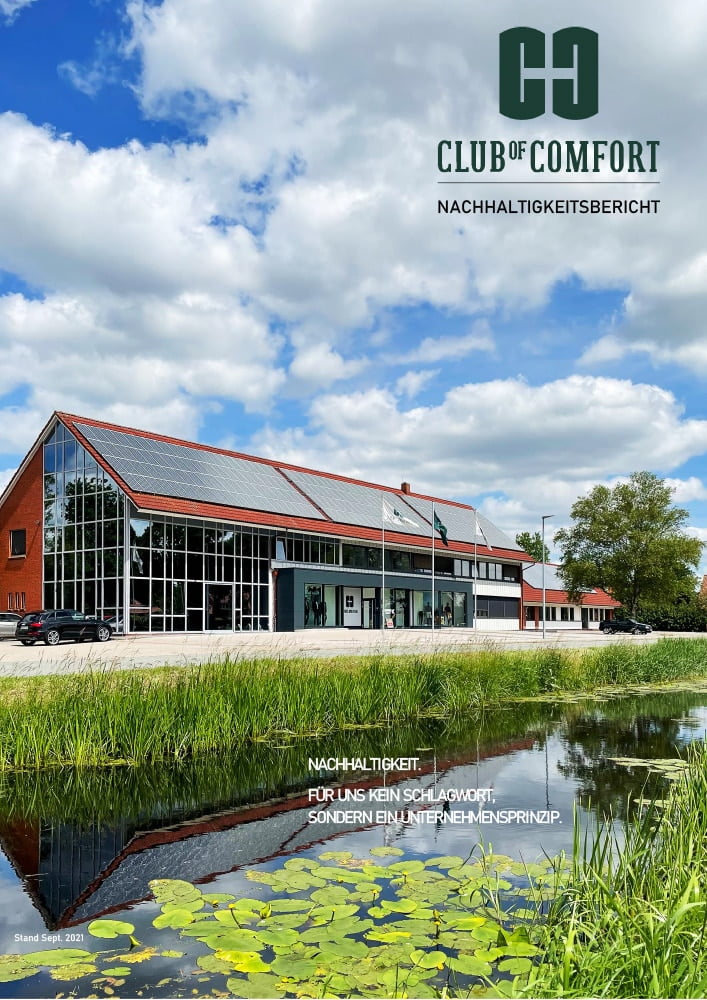
The clothing industry is subject to constant change. Increasing globalization and comprehensive structural change are among the key challenges of the present day. Shrinking sales markets, dynamic customer behaviour, the increasing verticalization of retail and the expansion of online business, which has been further accelerated by the coronavirus pandemic, are the main drivers of change. In addition, there are global political, economic and climatic changes that affect the framework conditions within which entrepreneurial activity takes place. In addition to the pandemic, climate change is the main factor here, which is shifting society's focus more towards the issue of sustainability. The guiding principle of sustainability calls for social development that is ecologically compatible, socially just and economically efficient.
Hinrichs Bekleidungswerk GmbH is facing up to these challenges and taking responsibility for the future. Today, this means first and foremost doing business sustainably. Business, production and consumption must not take place at the expense of the next generation. Sustainable products should be produced in an environmentally friendly and socially responsible manner.
As a family-run, medium-sized company in the clothing industry with our own European production facilities, we set the course for sustainable production at an early stage. Raw materials are mainly sourced in Europe, almost all textile goods are
certified in accordance with OEKO-TEX® STANDARD 100 and our production facilities are OEKO-TEX® STeP certified. STeP is a certification system for environmentally friendly and socially responsible production facilities along the supply chain. This enables us to label a growing proportion of our products with OEKO-TEX® MADE IN GREEN. The MADE IN GREEN label proves that an article has been tested for harmful substances (=OEKO-TEX®STANDARD 100) and guarantees that the textile product has been manufactured using sustainable processes under socially responsible working conditions (=OEKO-TEX®STeP). A unique product ID on the label can be used to trace the countries and production facilities in which the labeled article was produced.
We have set ourselves the goal of continuously increasingthe proportion of products that comply with the OEKO-TEX® MADE IN GREENstandard in order to manufacture 100% of Made in Green products in the future.
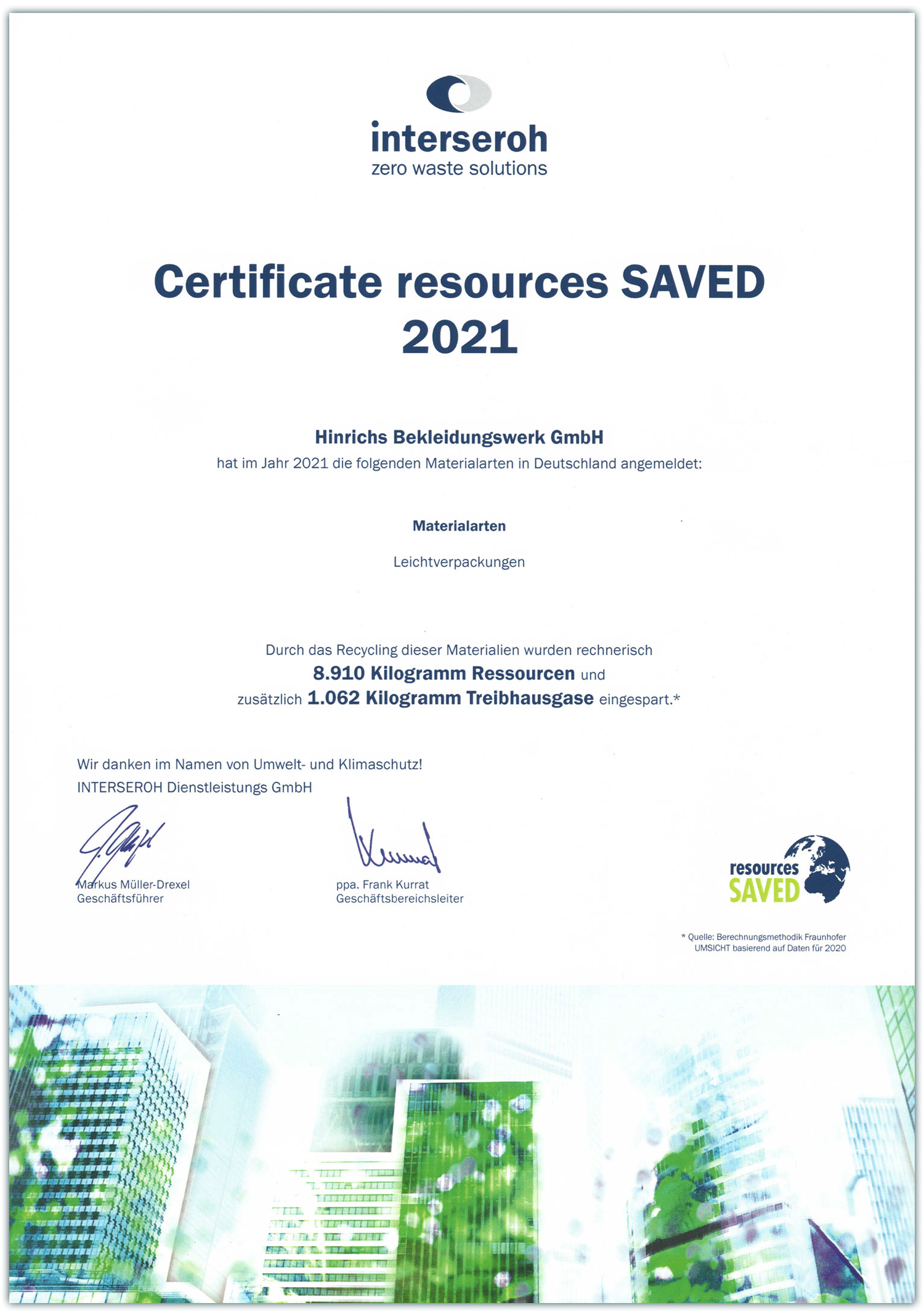
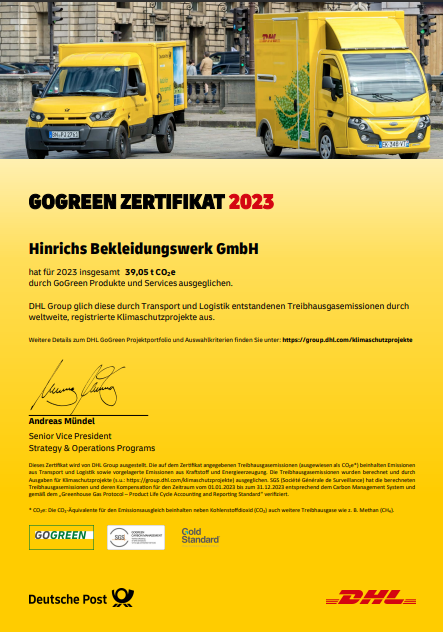
The purpose of this report is to provide you with transparent information on the status quo and the sustainability targets and measures that have been formulated.



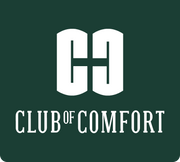
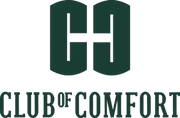
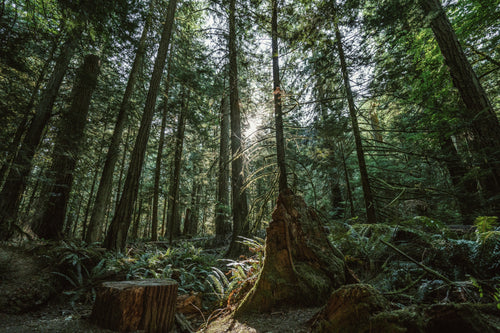
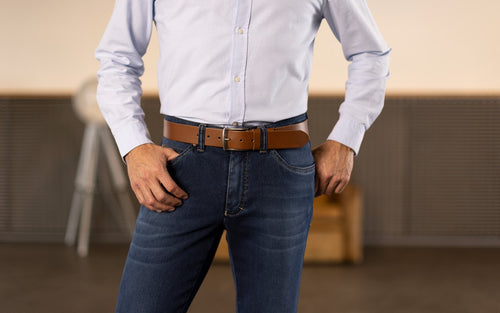
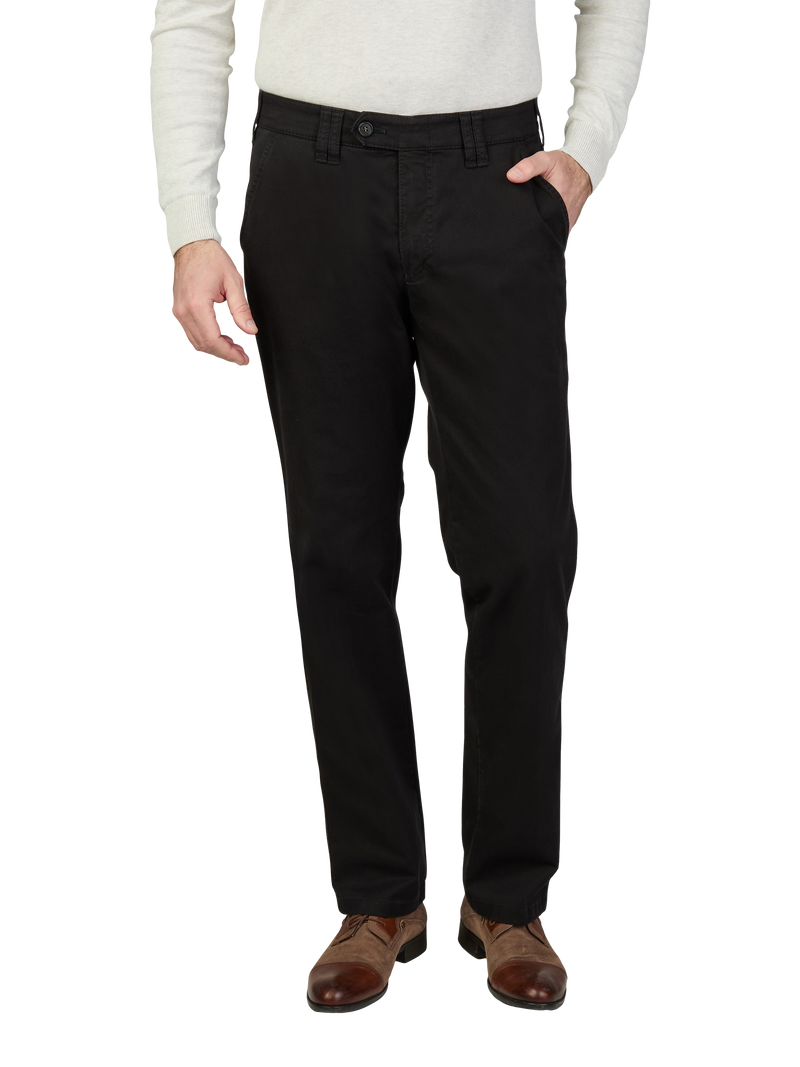
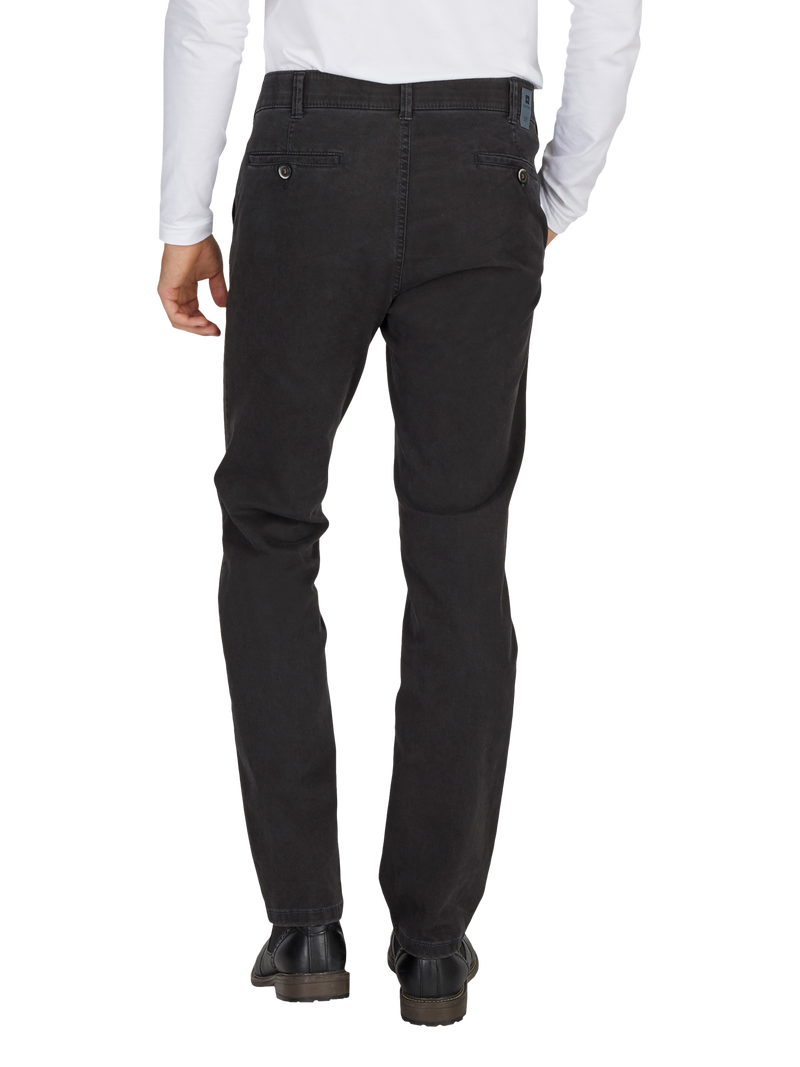
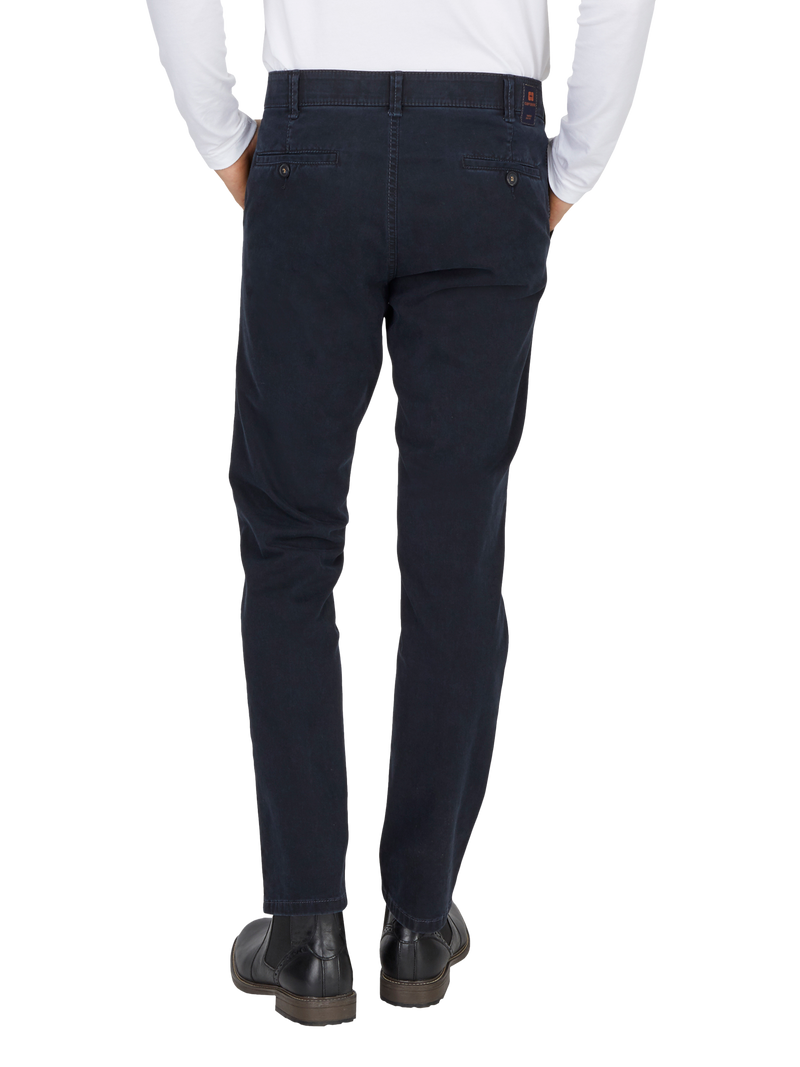
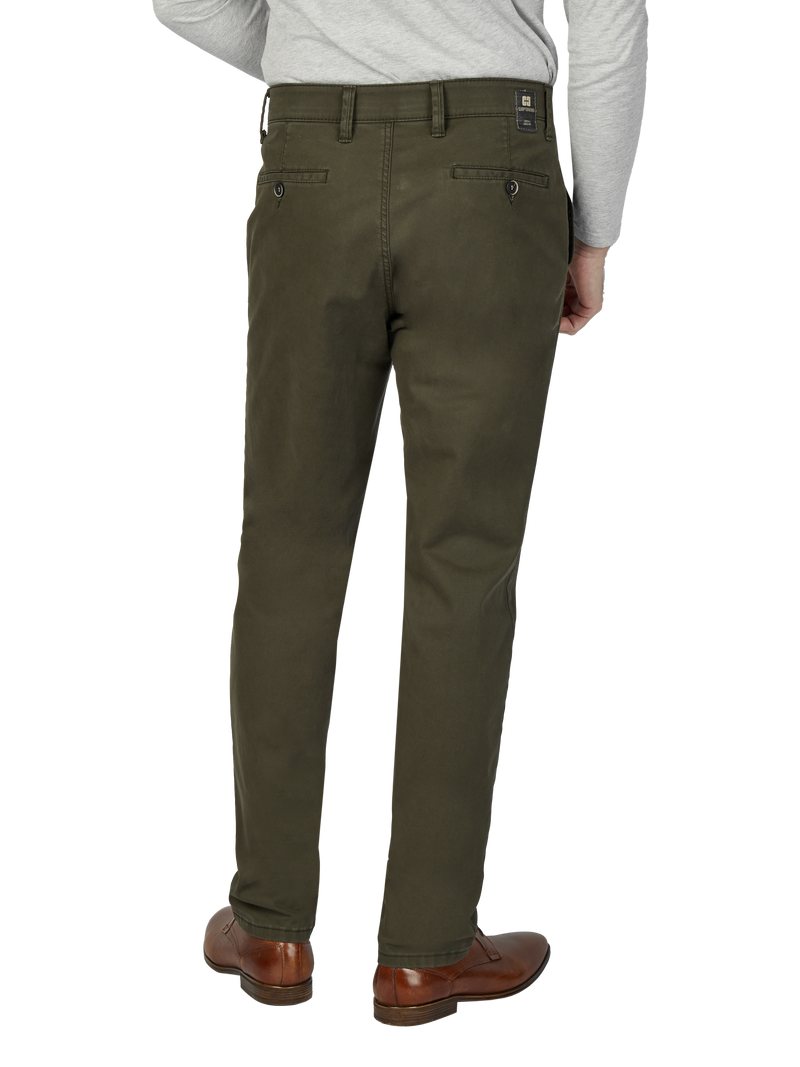
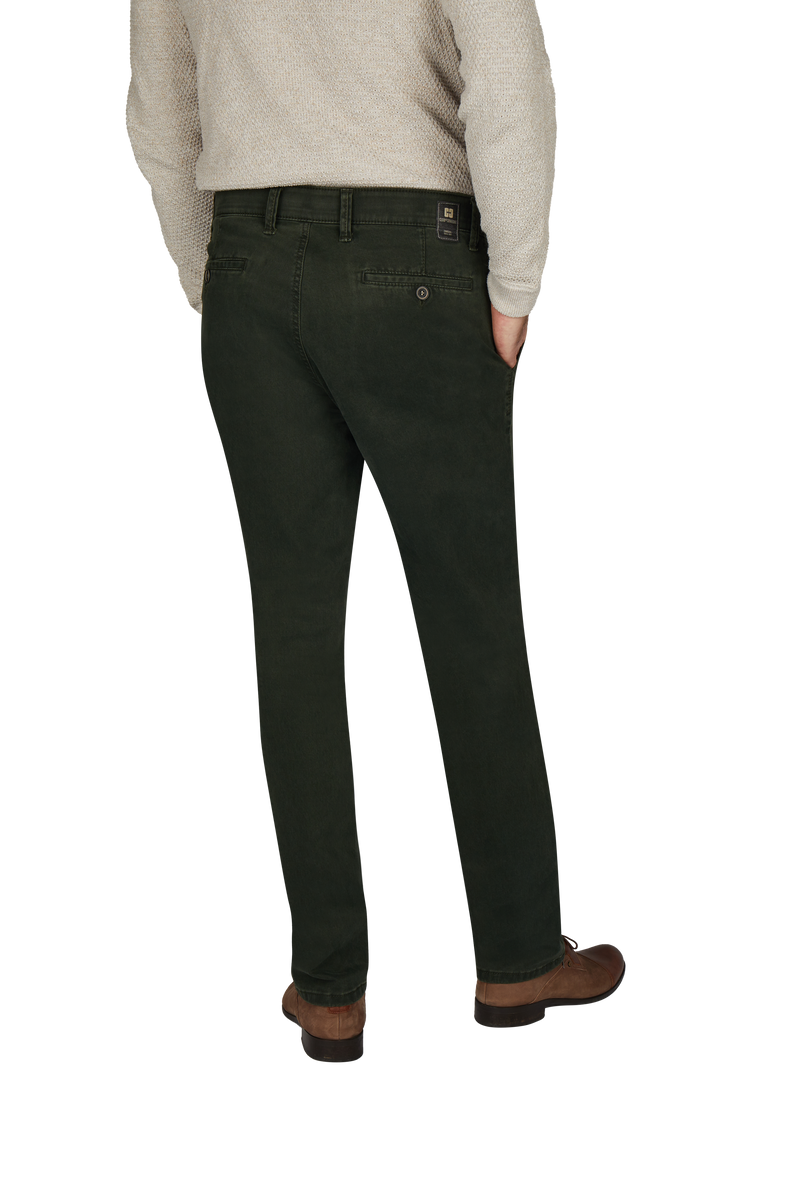
![[Freisteller]](http://club-of-comfort.de/cdn/shop/files/Denver_4402-10_front_279c5eef-458b-49a9-9c63-ddd2c65fd47a.jpg?v=1753684877&width=800)
![[Freisteller]](http://club-of-comfort.de/cdn/shop/files/Denver_4402-10_back_84a9c763-a4ab-4cb4-8f5f-2f060d769f14.jpg?v=1753684877&width=800)
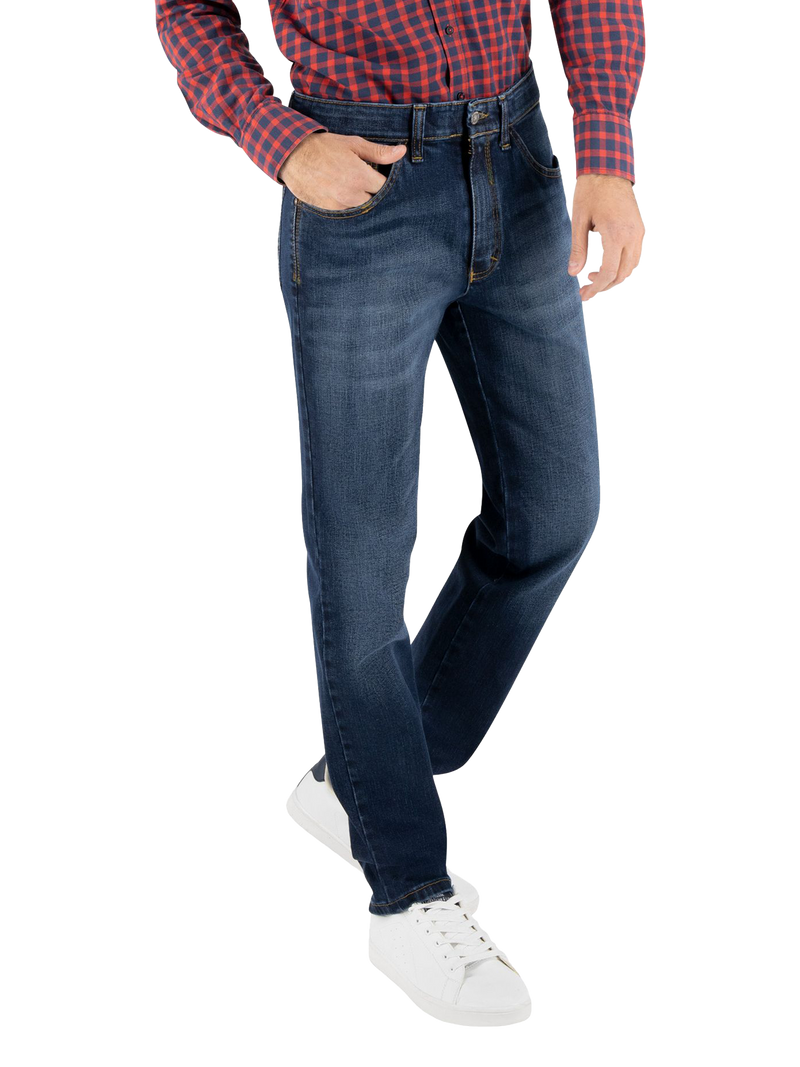
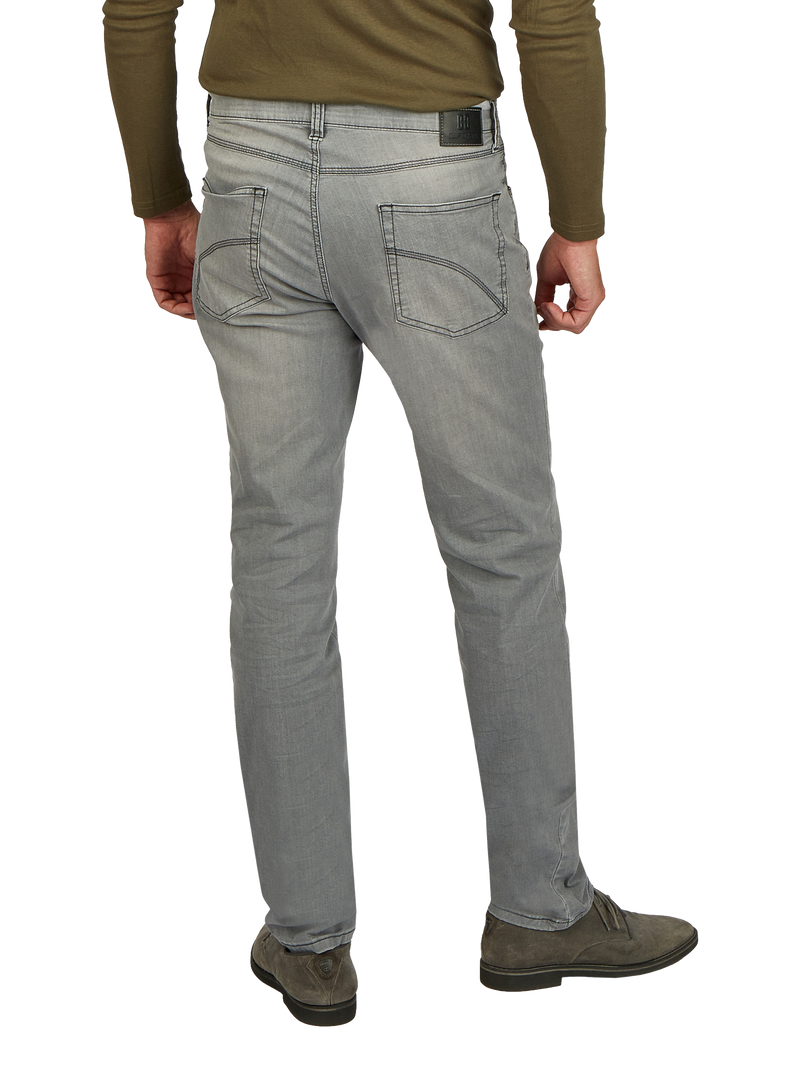
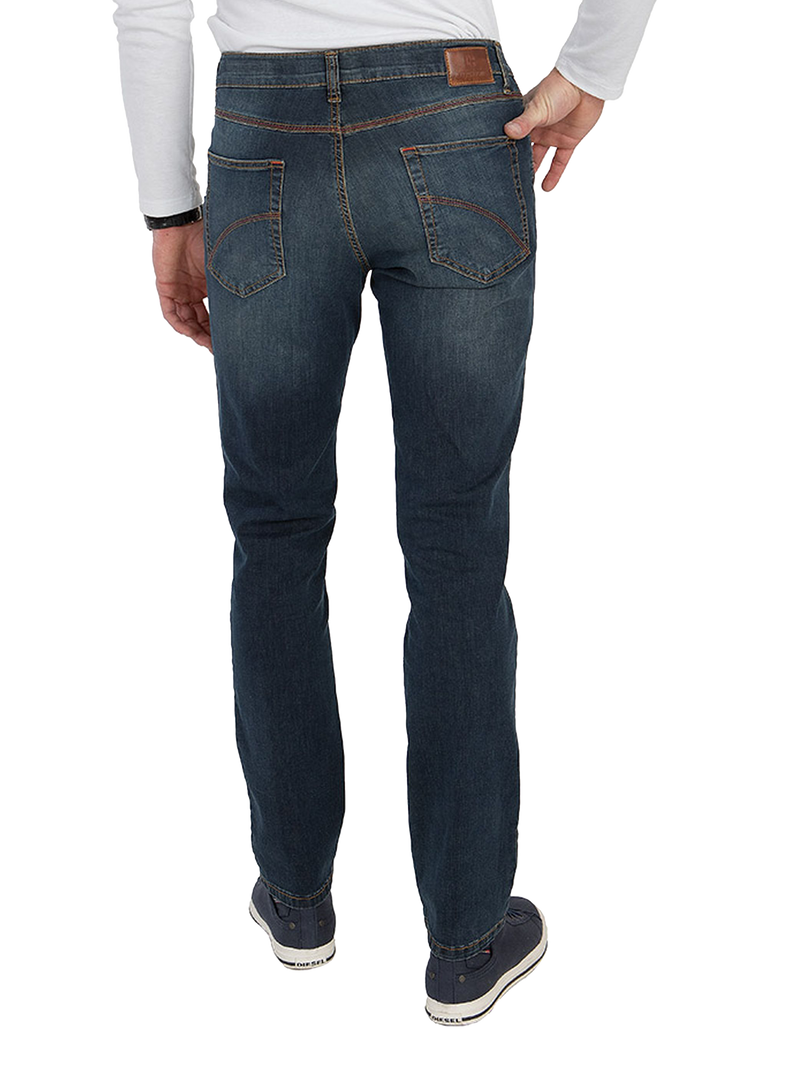
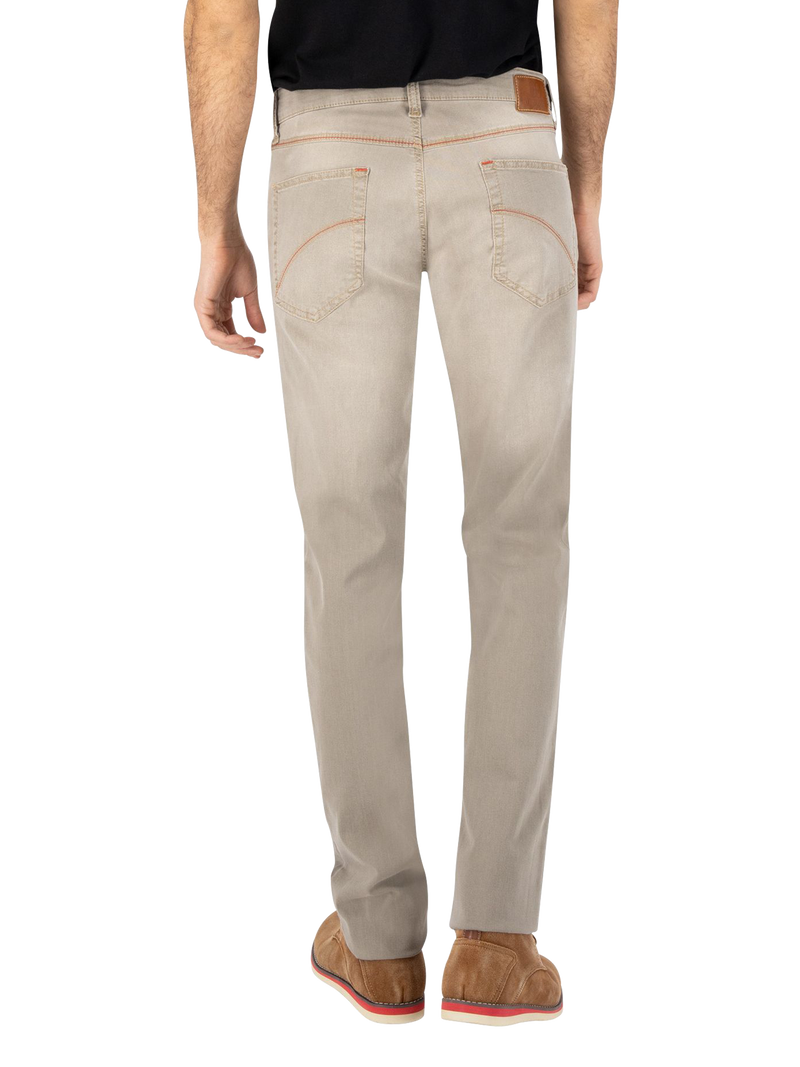
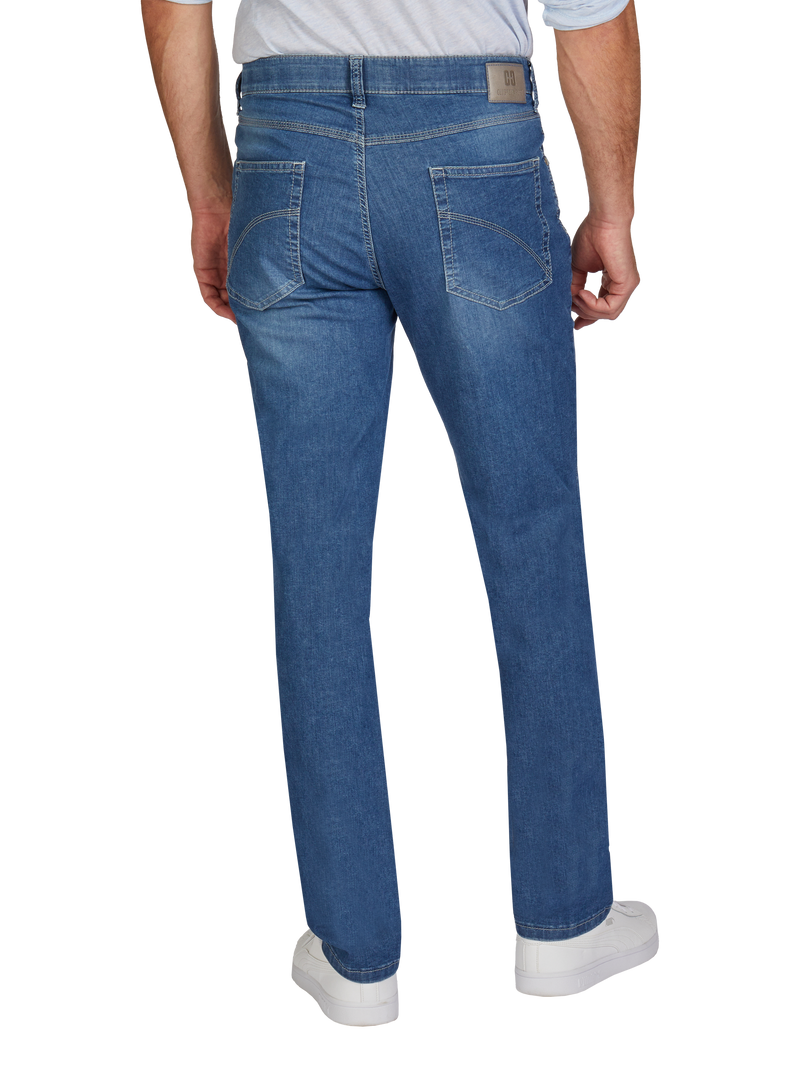
![[Freisteller]](http://club-of-comfort.de/cdn/shop/files/Henry_6516-142_front.jpg?v=1753688627&width=800)
![[Freisteller]](http://club-of-comfort.de/cdn/shop/files/Henry_6516-142_back.jpg?v=1753688627&width=800)
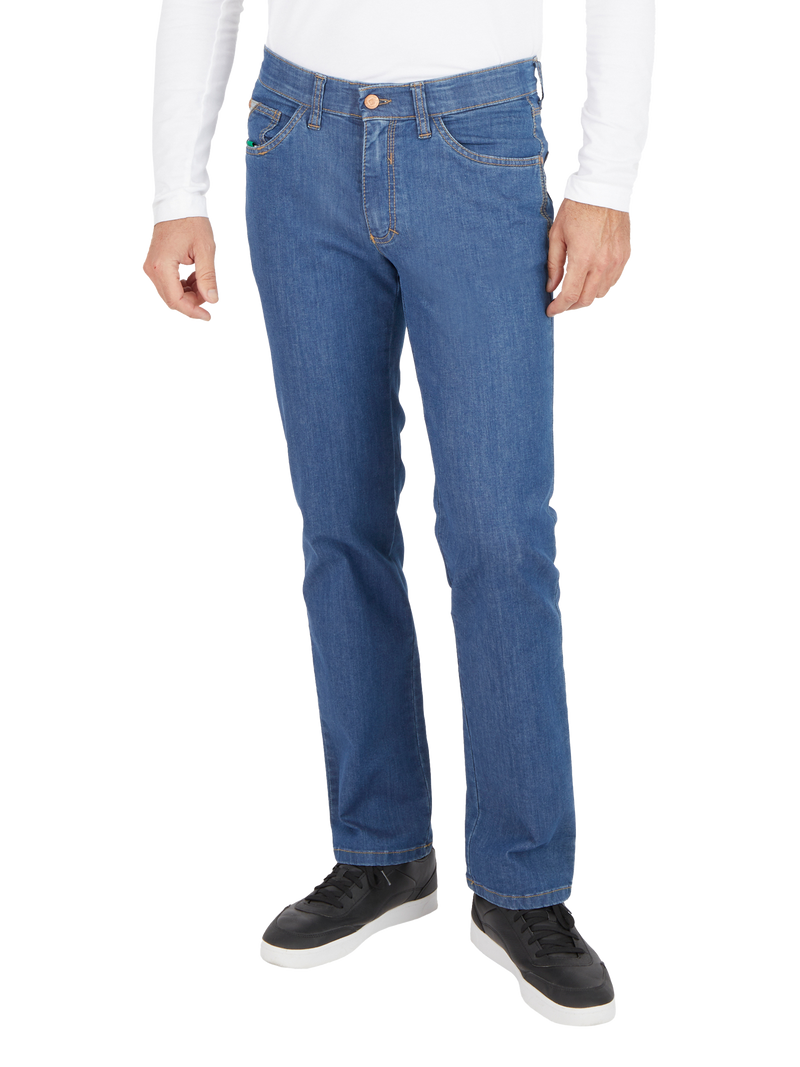
![[Freisteller]](http://club-of-comfort.de/cdn/shop/files/Henry-Z_6516-44_front.jpg?v=1753692319&width=800)
![[Freisteller]](http://club-of-comfort.de/cdn/shop/files/Henry-Z_6516-44_back.jpg?v=1753692319&width=800)
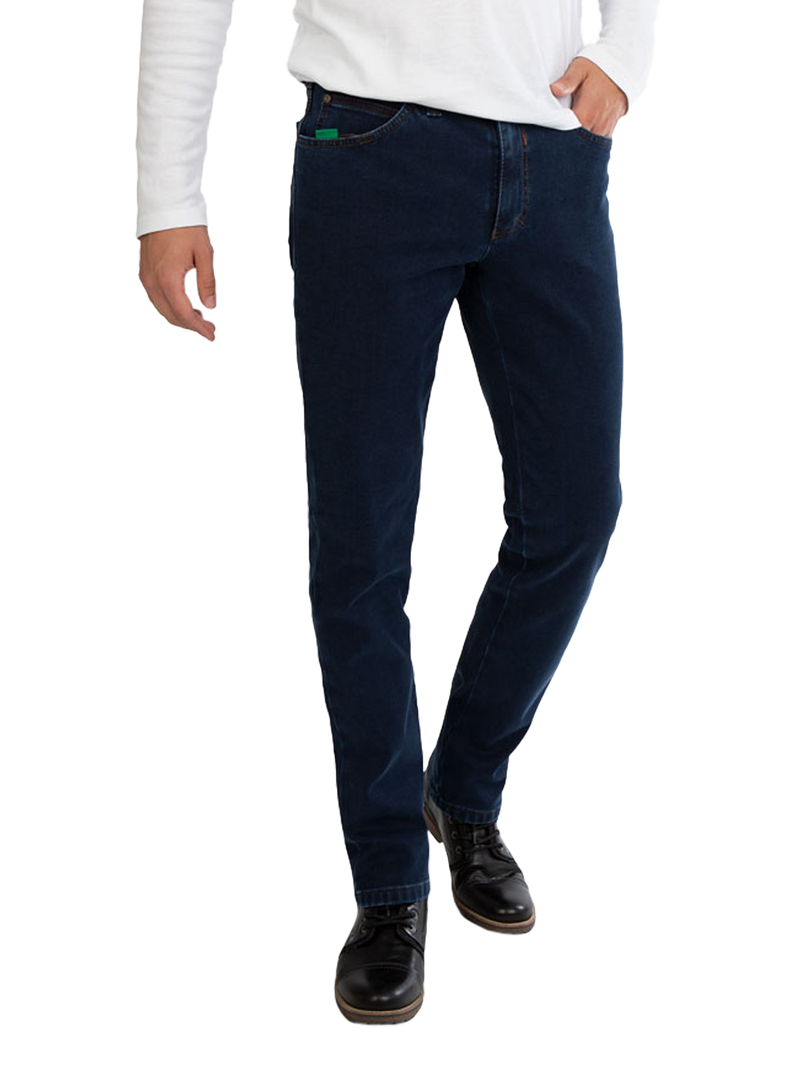
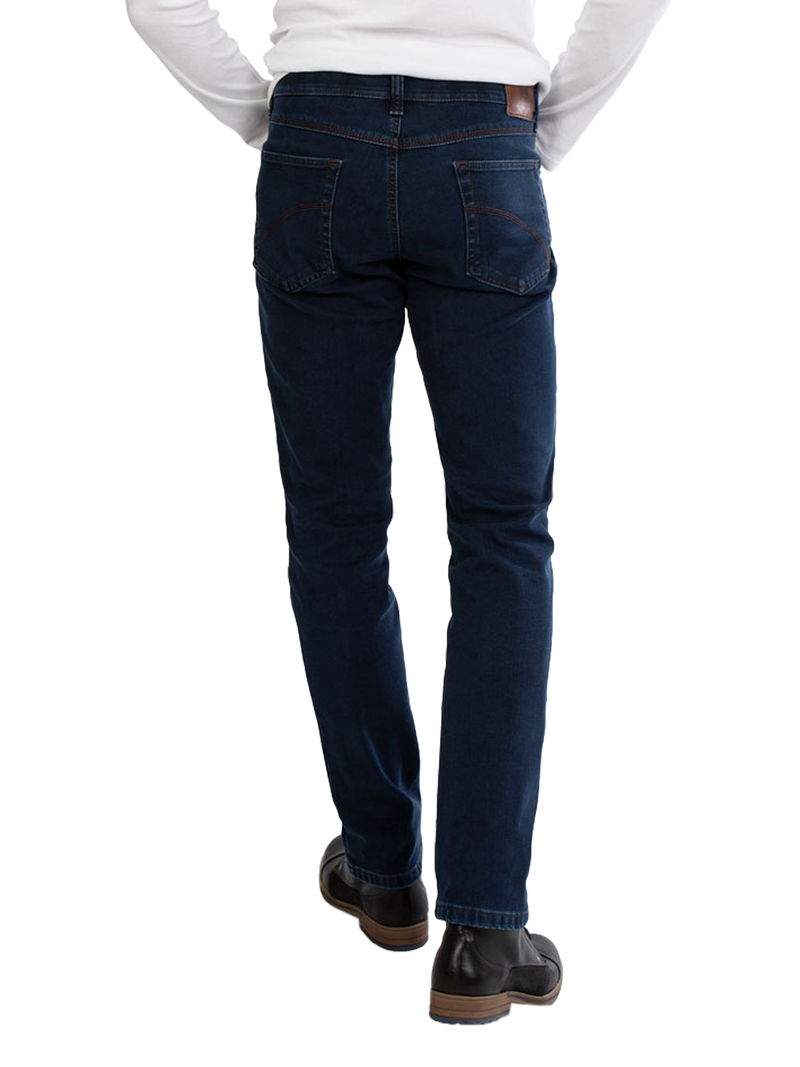
![[Freisteller]](http://club-of-comfort.de/cdn/shop/products/Henry_6822-43_front.jpg?v=1700048838&width=800)
![[Freisteller]](http://club-of-comfort.de/cdn/shop/products/Henry_6822-43_back.jpg?v=1700048838&width=800)
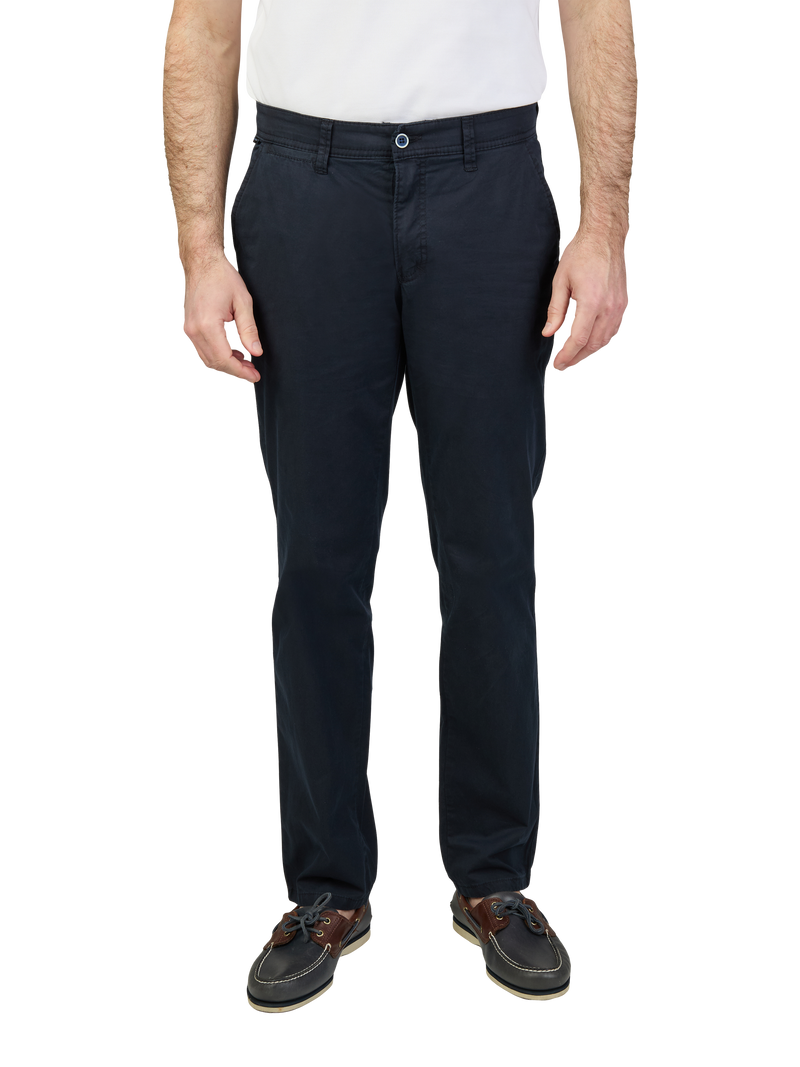
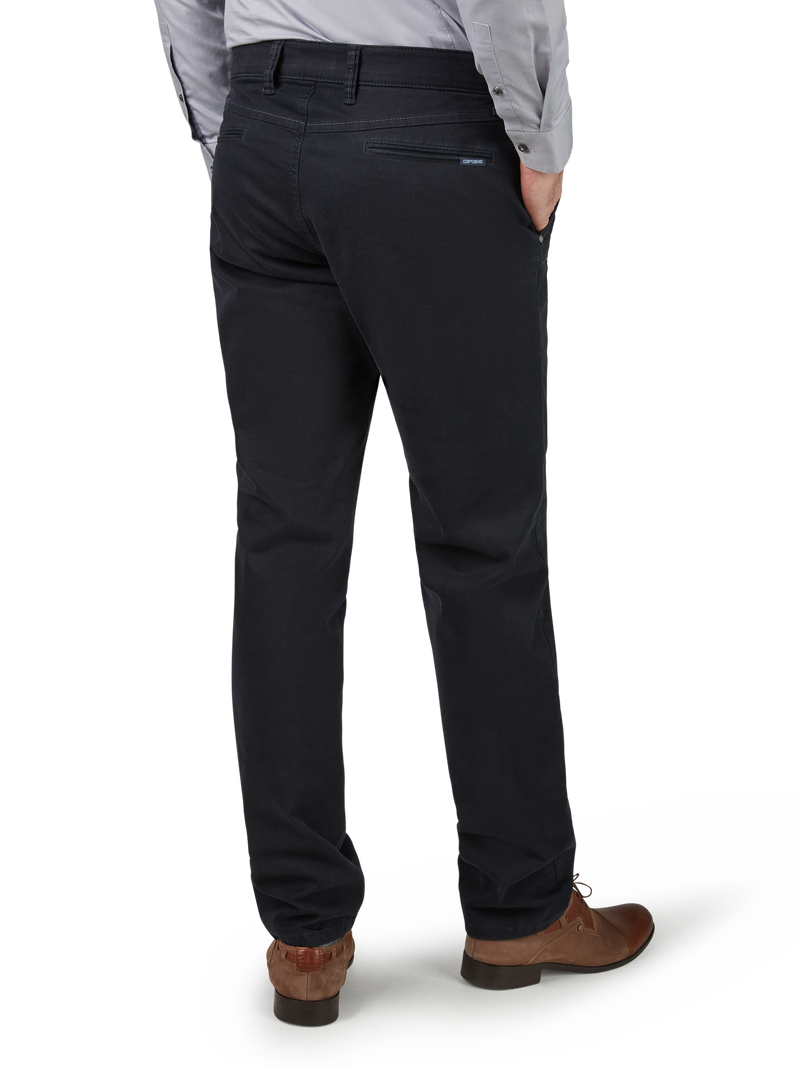
![[Freisteller]](http://club-of-comfort.de/cdn/shop/files/Garvey_5107-42_front_6c338652-91d6-4d90-b561-936f1c9876fd.jpg?v=1753685622&width=800)
![[Freisteller]](http://club-of-comfort.de/cdn/shop/files/Garvey_5107-42_back2.jpg?v=1753685622&width=800)
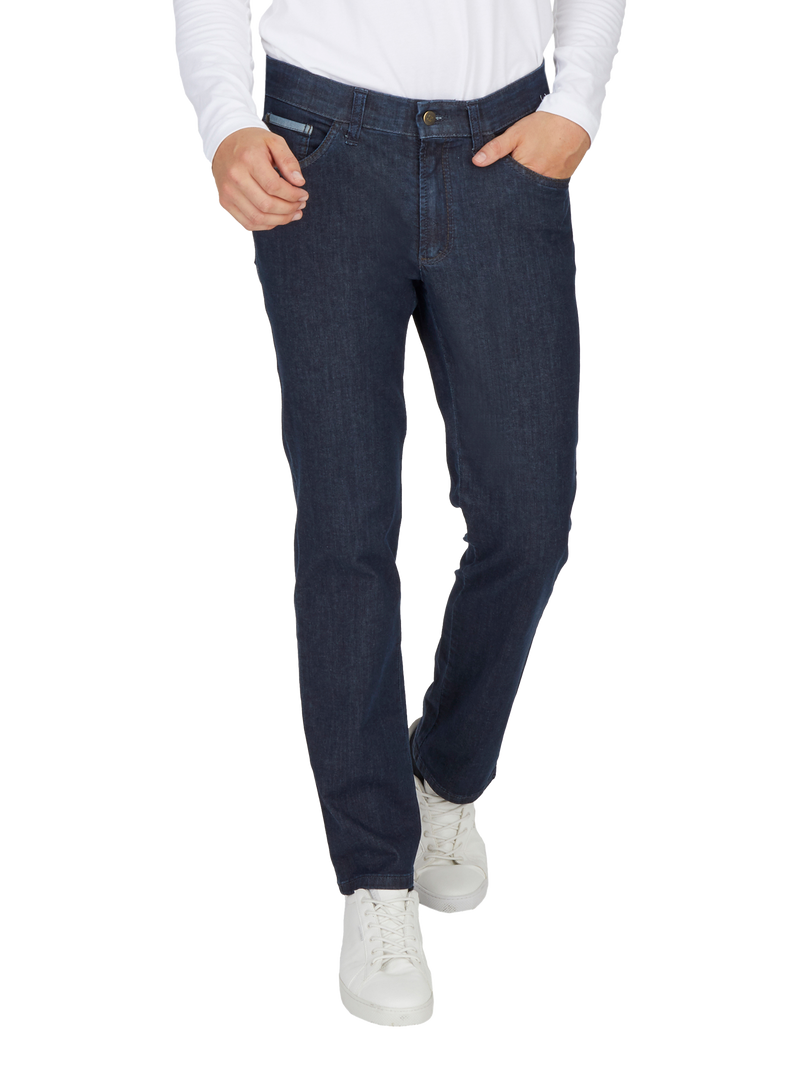
![[Freisteller]](http://club-of-comfort.de/cdn/shop/files/Henry-X_6516-41_front.jpg?v=1753691396&width=800)
![[Freisteller]](http://club-of-comfort.de/cdn/shop/files/Henry-X_6516-41_back.jpg?v=1753691396&width=800)
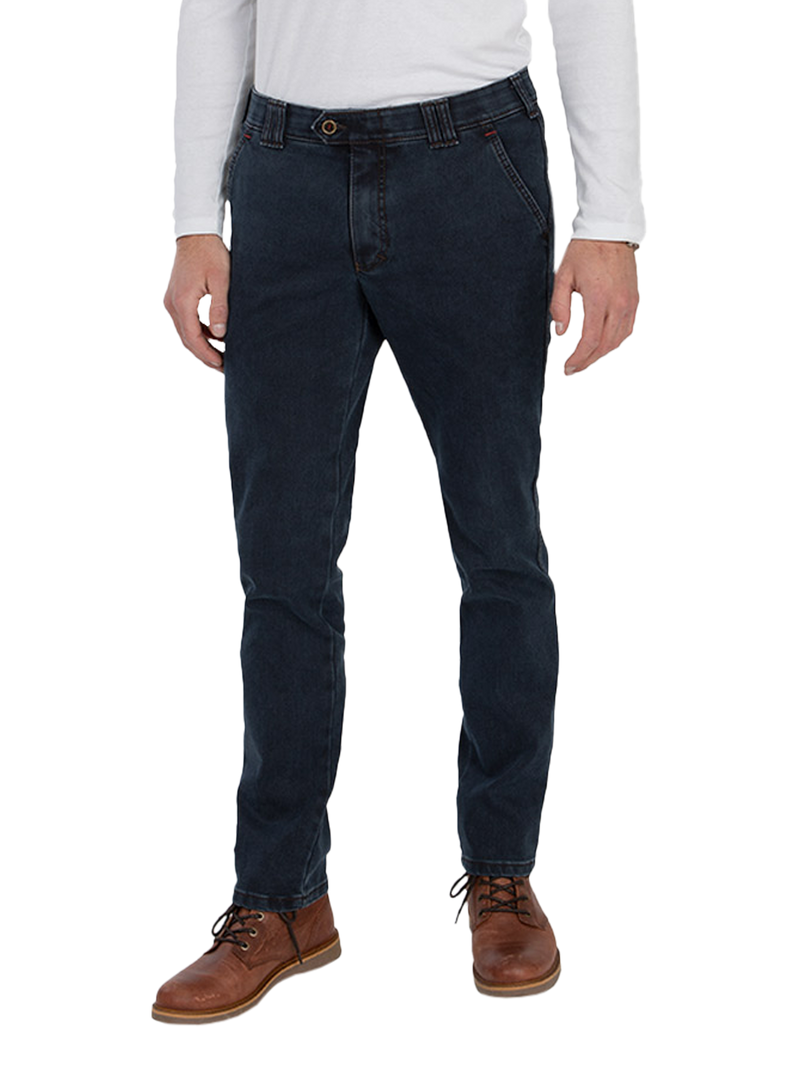
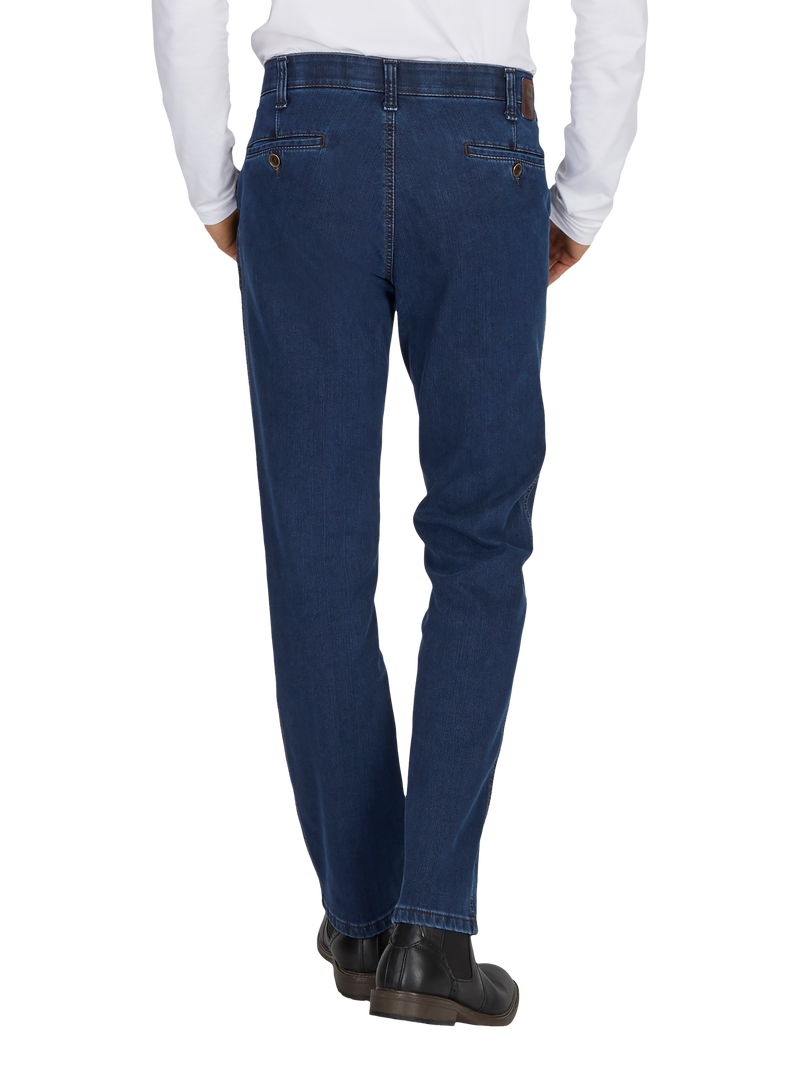
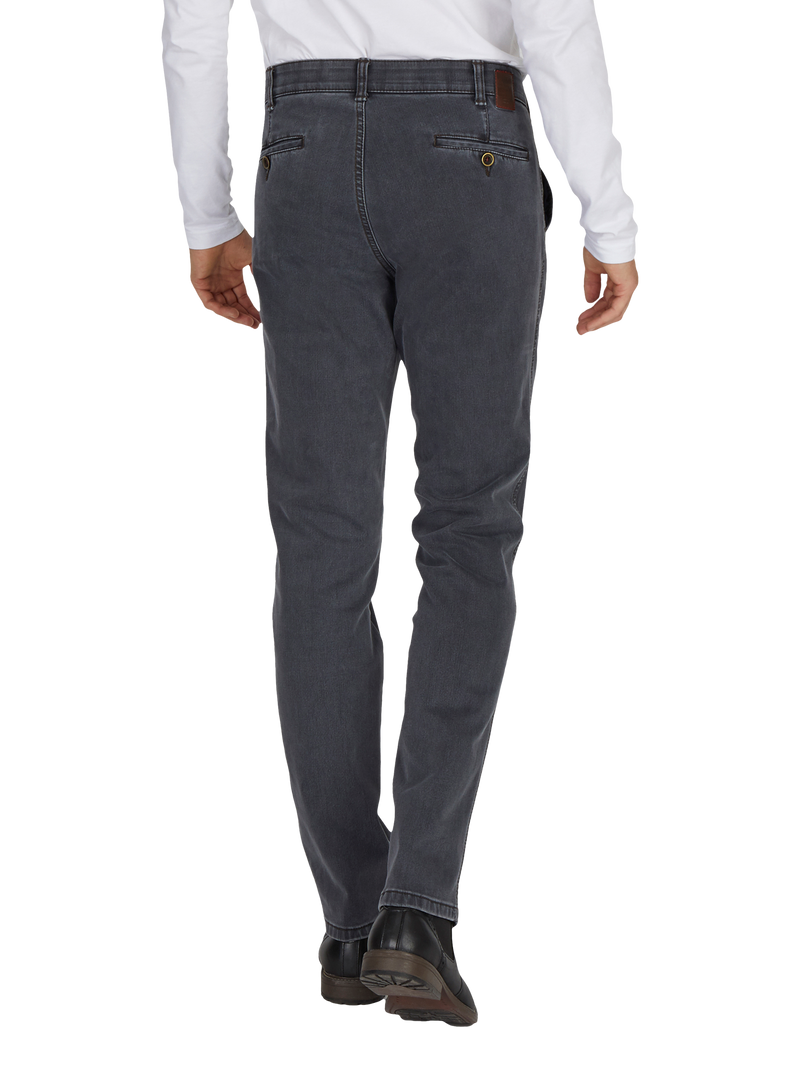
![[Freisteller]](http://club-of-comfort.de/cdn/shop/products/Garvey_6822-40_front.jpg?v=1741095006&width=800)
![[Freisteller]](http://club-of-comfort.de/cdn/shop/products/Garvey_6822-40_back.jpg?v=1741095006&width=800)
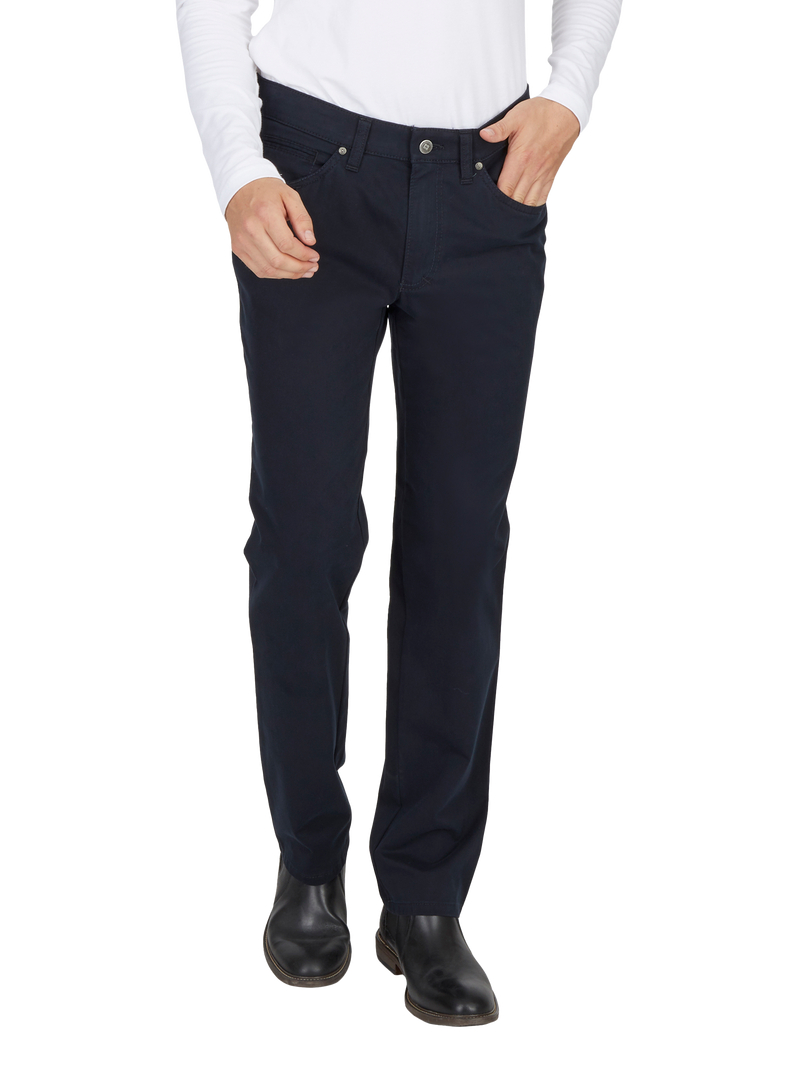
![[Freisteller]](http://club-of-comfort.de/cdn/shop/files/Henry-X_7110-40_front.jpg?v=1753691616&width=800)
![[Freisteller]](http://club-of-comfort.de/cdn/shop/files/Henry-X_7110-40_back.jpg?v=1753691616&width=800)
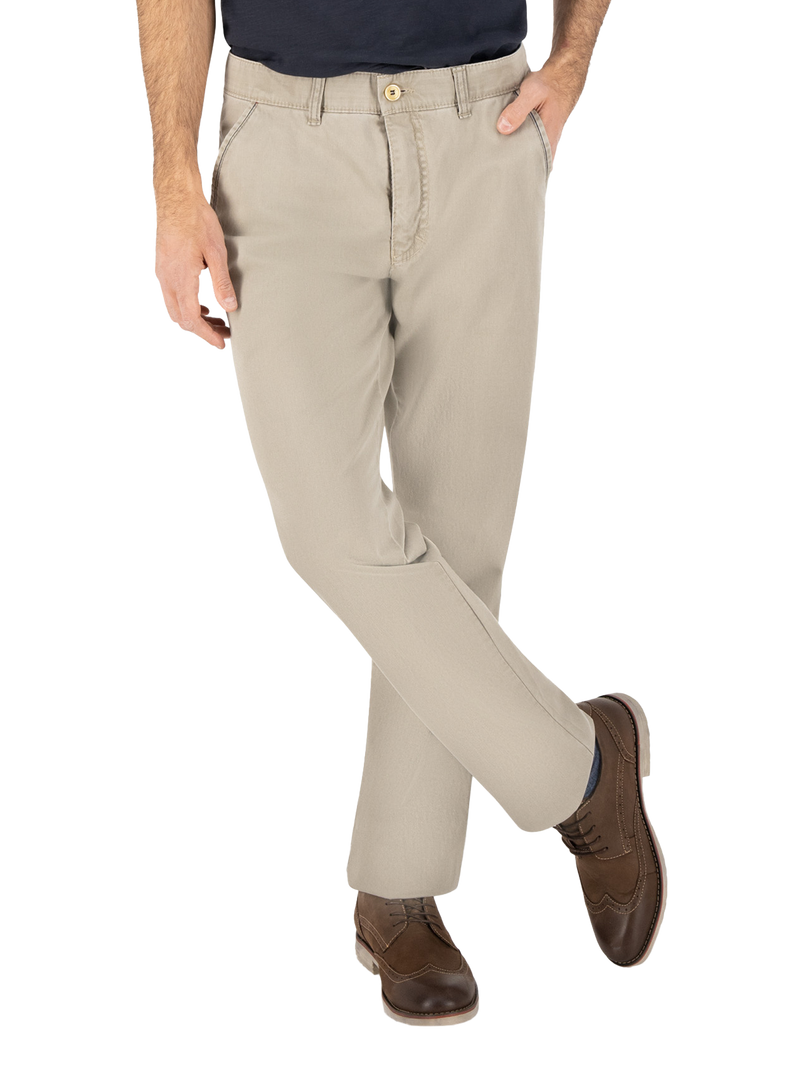
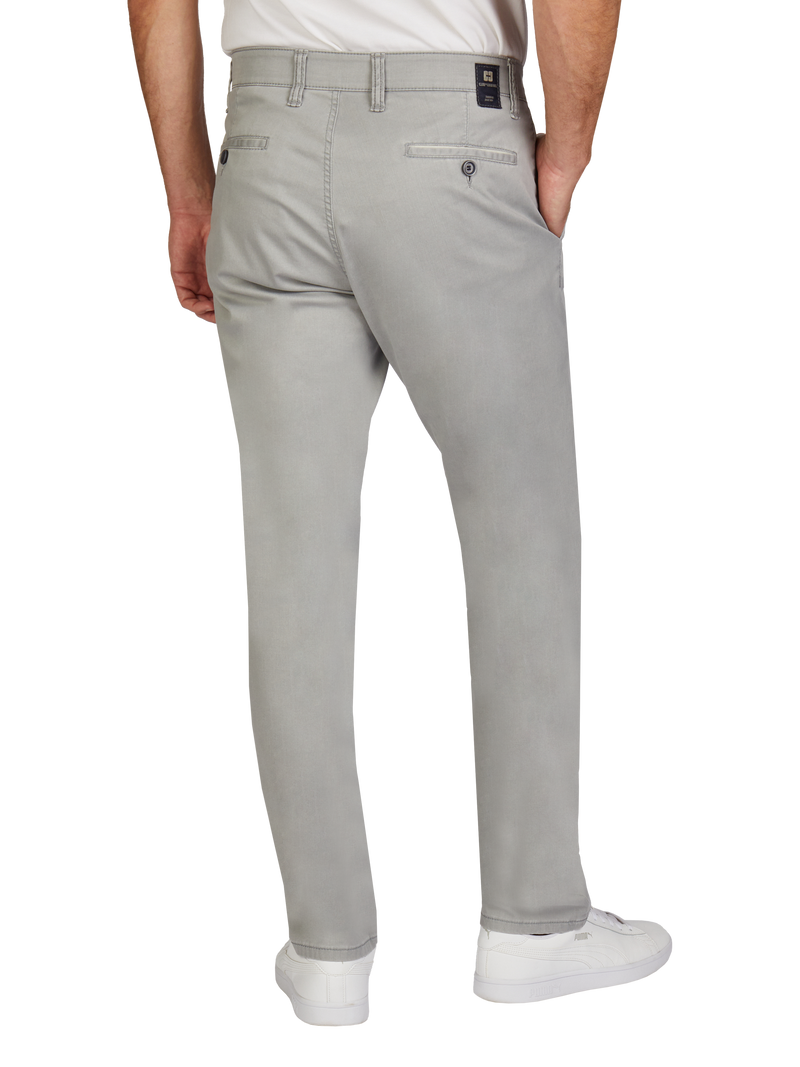
![[Freisteller]](http://club-of-comfort.de/cdn/shop/files/Garvey_6701-28_front.jpg?v=1753685809&width=800)
![[Freisteller]](http://club-of-comfort.de/cdn/shop/files/Garvey_6701-28_back.jpg?v=1753685809&width=800)
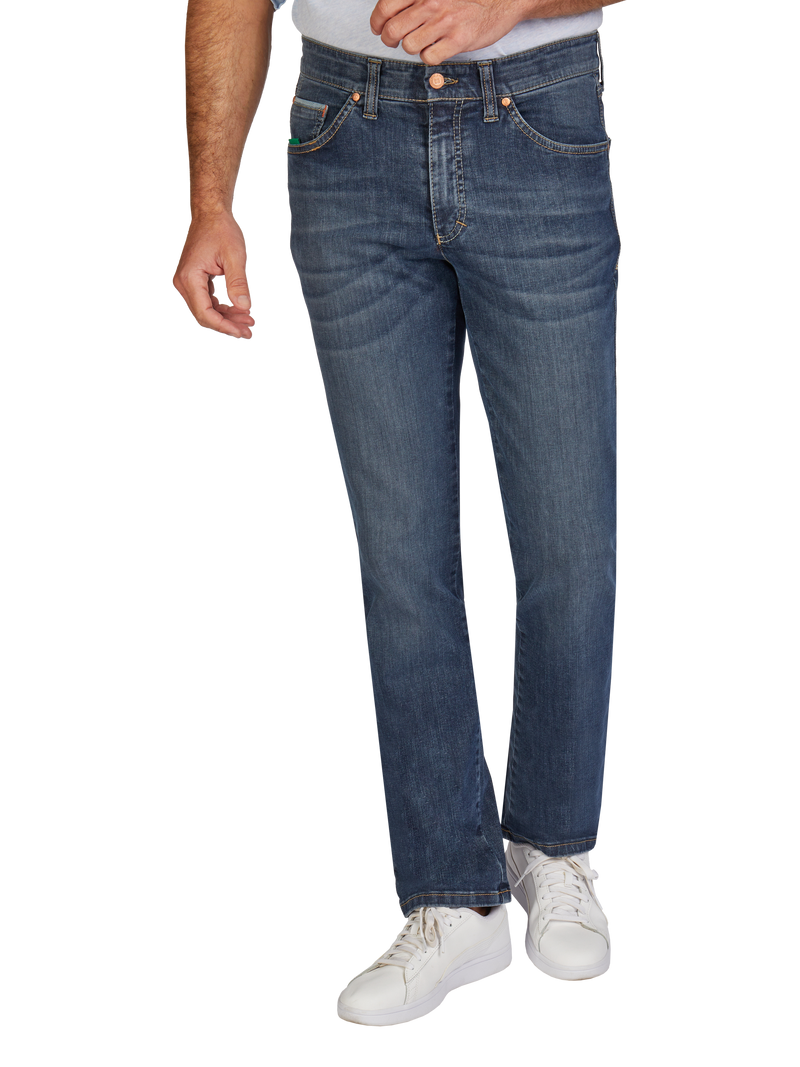
![[Freisteller]](http://club-of-comfort.de/cdn/shop/files/Henry_7915-144_front.jpg?v=1753690501&width=800)
![[Freisteller]](http://club-of-comfort.de/cdn/shop/files/Henry_7915-144_back.jpg?v=1753690501&width=800)
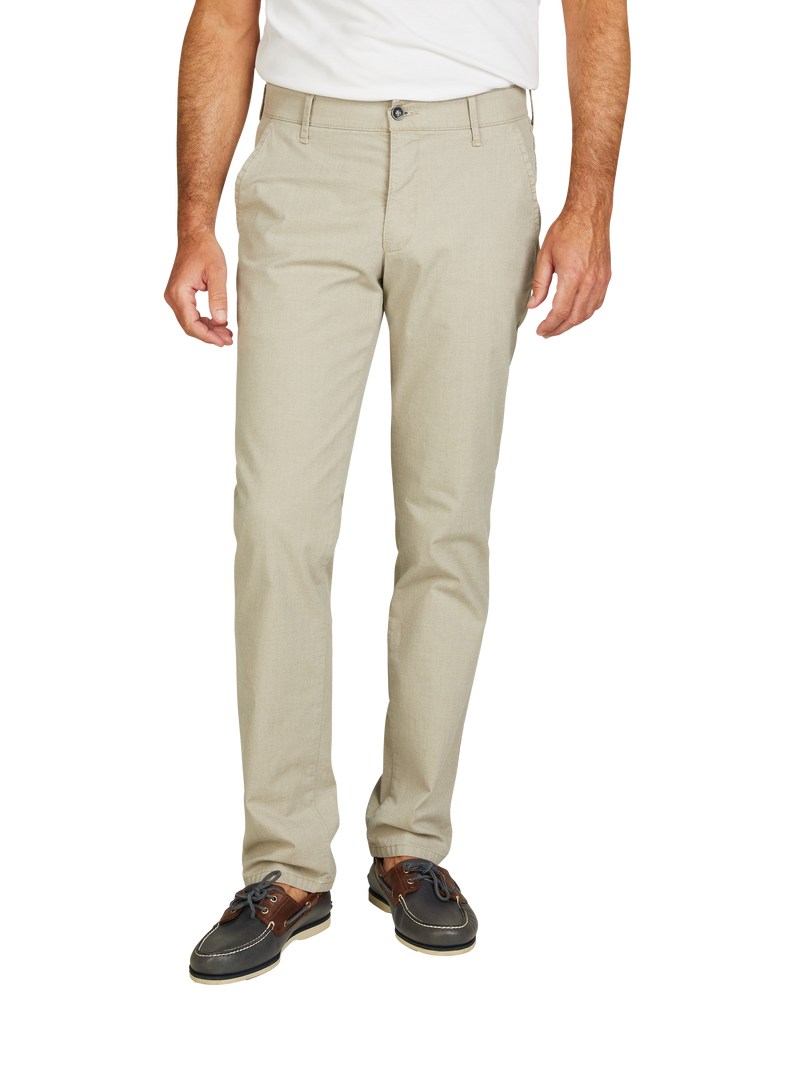
![[Freisteller]](http://club-of-comfort.de/cdn/shop/files/Garvey_8108-36_front_3000x4000_e51aa02c-d3a1-446f-a7be-4d4e940b9c9d.jpg?v=1753687014&width=800)
![[Freisteller]](http://club-of-comfort.de/cdn/shop/files/Garvey_8108-36_back_3000x4000_5e2fc1fe-2709-4100-aa3a-fafd6ac22989.jpg?v=1753687014&width=800)